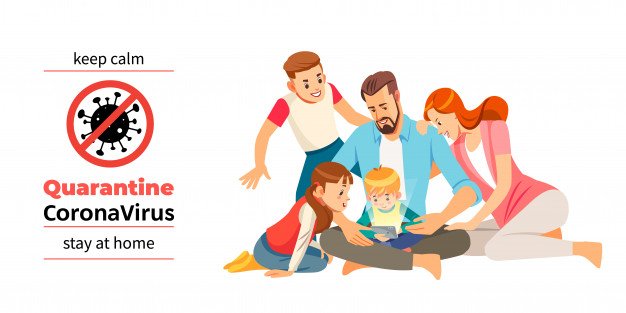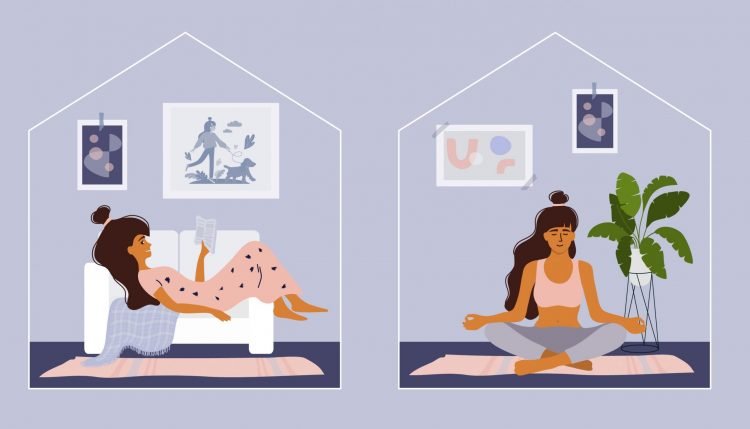Psychological impact of covid-19 on people
Covid-19 is a virus which started spreading from Wuhan China. Which was later declared as a Pandemic

what is Pandemic?
A disease that spreads over a whole country or the whole world
How does Covid-19 effect on mental health of people ?
Pandemic can cause stress, anxiety and worry among individuals. Common causes of psychological stress during pandemics include, fear of falling ill and dying, avoiding health care due to fear of being infected while in care, fear of losing work and livelihoods, fear of being socially excluded, fear of being placed in quarantine, feeling of powerlessness in protecting oneself and loved ones, fear of being separated from loved ones and caregivers, refusal to care for vulnerable individuals due to fear of infection, feelings of helplessness, boredom, loneliness and depression due to being isolated and fear of re-living the experience of a previous pandemic.
For general population
Be empathetic to all the affected individuals, regardless of their nationality or ethnicity. Use people first language while describing individuals affected with COVID-19.Minimize watching the news if that makes one anxious. Seek information only from trusted sources, preferably once or twice a day.Protect yourself and be supportive to others, such as your neighbours. Find opportunities to amplify positive stories of local people who have experienced COVID-19. Honor healthcare workers who are supporting those affected with COVID-19.
For healthcare workers

Feeling under pressure is normal during the times of a crisis. Managing one’s mental health is as important as managing physical health. Follow coping strategies, ensure sufficient rest eat good food, engage in physical activity, avoid using tobacco, alcohol or drugs. Use the coping strategies that have previously worked for you under stressful situations. If one is experiencing avoidance by the family or the community, stay connected with loved ones, including digital methods. Use understandable ways to share messages to people with disabilities. Know how to link people affected with COVID-19 with available resources.
For team leaders in health facilities

Keep all staff protected from poor mental health. Focus on long-term occupational capacity rather than short term results. Ensure good quality communication and accurate updates.Ensure that all staff are aware of where and how mental health support can accessed. Orient all staff on how to provide psychological first aid to the affected. Emergency mental health conditions should be managed in healthcare facilities. Ensure availability of essential psychiatric medications at all levels of health care.
For carers of children

Help children find positive ways to express their emotions.Avoid separating children from their parents/carers as much as possible. Ensure that regular contact with parents and carers is maintained, should the child be placed in isolation.
Maintain family routines as much as possible and provide age-appropriate engaging activities for children.Children might seek more attachment from parents, in which case, discuss about COVID-19 with them in an age-appropriate way.
For older adults, people with underlying health conditions and their carers
Older adults, those especially in isolation or suffering from pre-existing neurological conditions, may become more anxious, angry or withdrawn. Provide practical and emotional support through caregivers and healthcare professionals.Share simple facts on the crisis and give clear information about how to reduce the risk of infection.Have access to all the medications that are currently being used.
Know in advance where and how to get practical help.Learn and perform simple daily exercises to practice at home.Keep regular schedules as much as possible and keep in touch with loved ones.
For people in isolation

Stay connected and maintain social networks.Pay attention to own needs and feelings. Engage in activities that you find relaxing.Avoid listening to rumors that make you uncomfortable
How to cope up with the mental effect of a pandemic ?
limit the news and be careful what you read. Have breaks from social media and mute things which are triggering. Stay connected with people.


Quite informative
Very informative, worth a read👍
Great article👍
Great article👍
Very specific and detailed 👍🏻